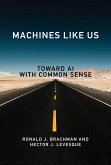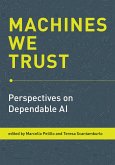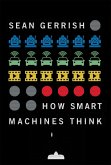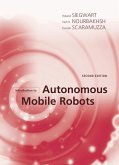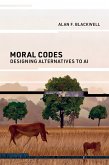An accessible explanation of the technologies that enable such popular voice-interactive applications as Alexa, Siri, and Google Assistant. Have you talked to a machine lately? Asked Alexa to play a song, asked Siri to call a friend, asked Google Assistant to make a shopping list? This volume in the MIT Press Essential Knowledge series offers a nontechnical and accessible explanation of the technologies that enable these popular devices. Roberto Pieraccini, drawing on more than thirty years of experience at companies including Bell Labs, IBM, and Google, describes the developments in such fields as artificial intelligence, machine learning, speech recognition, and natural language understanding that allow us to outsource tasks to our ubiquitous virtual assistants. Pieraccini describes the software components that enable spoken communication between humans and computers, and explains why it's so difficult to build machines that understand humans. He explains speech recognition technology; problems in extracting meaning from utterances in order to execute a request; language and speech generation; the dialog manager module; and interactions with social assistants and robots. Finally, he considers the next big challenge in the development of virtual assistants: building in more intelligence--enabling them to do more than communicate in natural language and endowing them with the capacity to know us better, predict our needs more accurately, and perform complex tasks with ease.
Dieser Download kann aus rechtlichen Gründen nur mit Rechnungsadresse in A, B, BG, CY, CZ, D, DK, EW, E, FIN, F, GR, HR, H, IRL, I, LT, L, LR, M, NL, PL, P, R, S, SLO, SK ausgeliefert werden.



